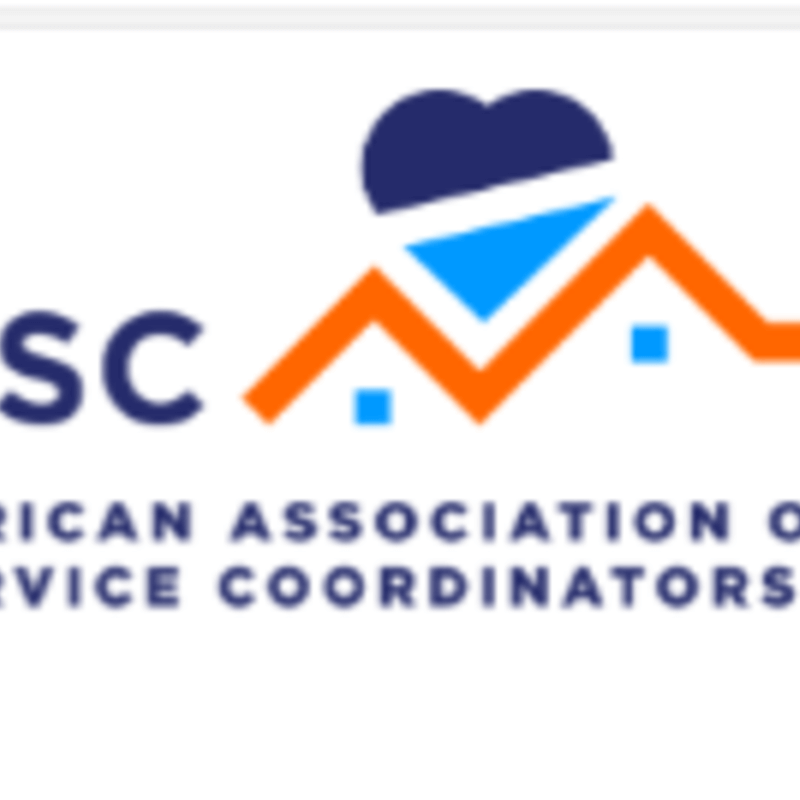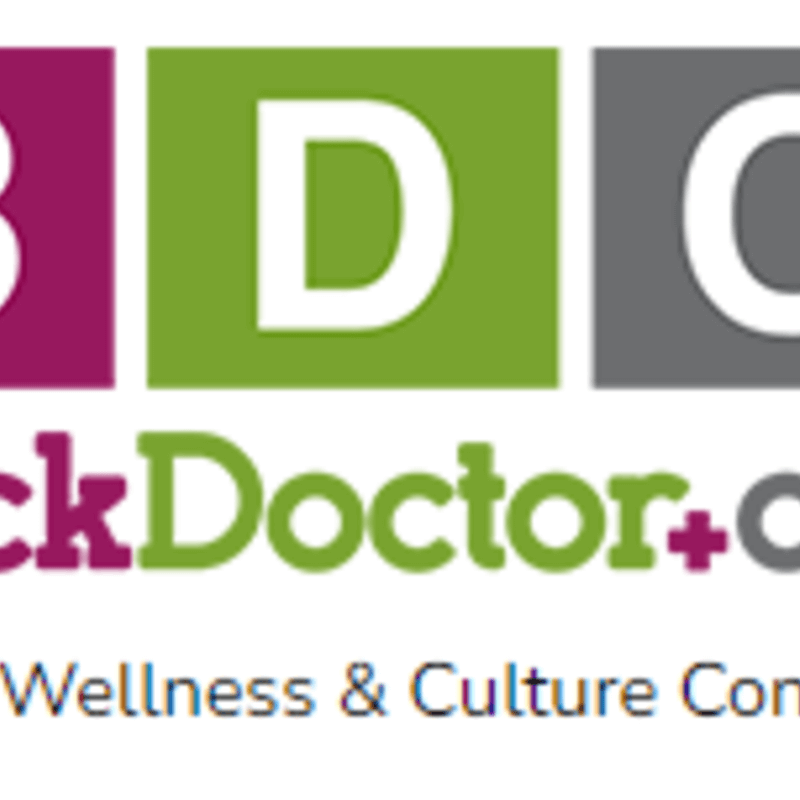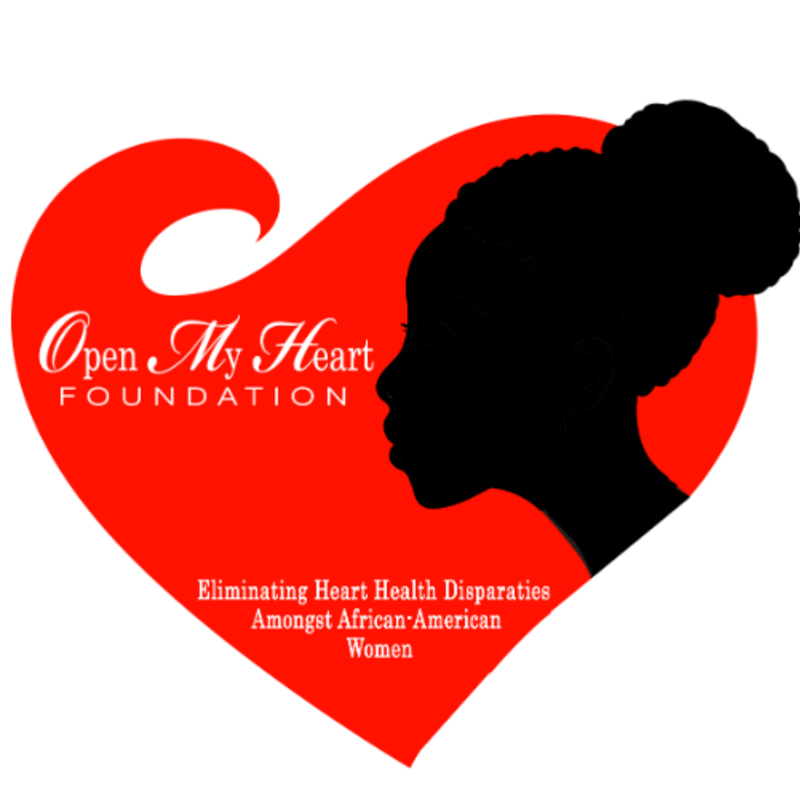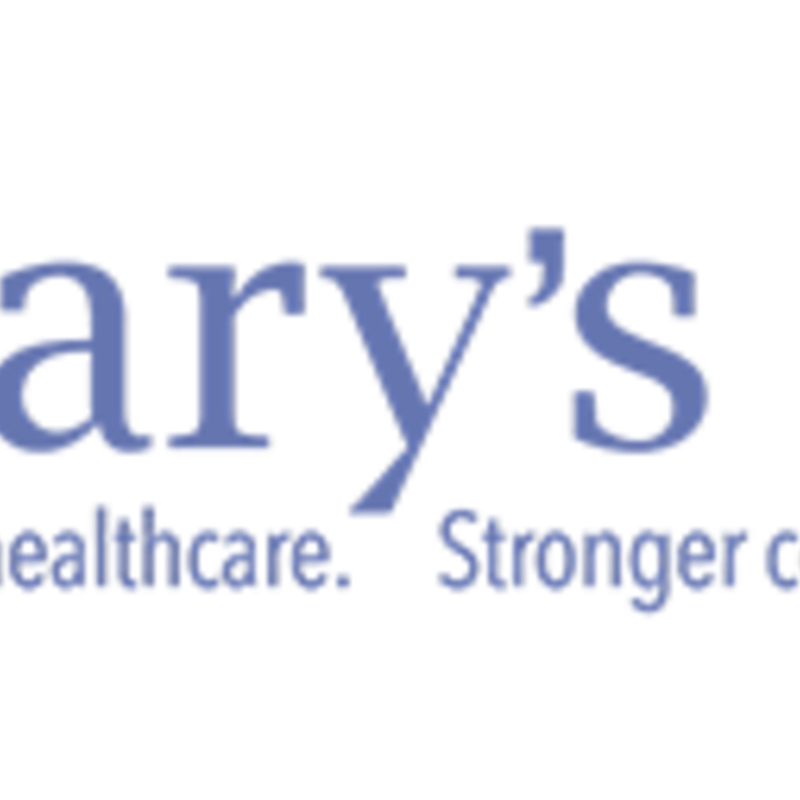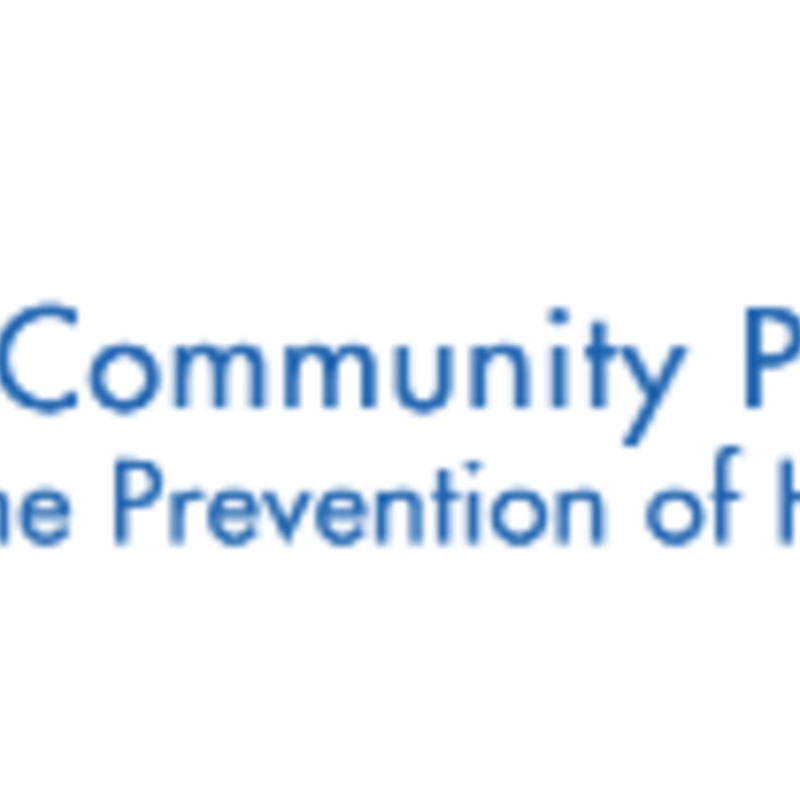Professional Development and Continuing Education
Welcome to the professional development and continuing education program offered by the Howard University School of Social Work. Tailored for social workers, human service agents, and professionals in allied fields, our training and certificate programs are designed to equip you with the latest knowledge and essential skills crucial for excelling in your career and effecting positive change. Our mission is to address your professional development and career advancement aspirations through continuing education initiatives, enhancing your capacity to confront issues plaguing our society and to empower, uplift, and strengthen the communities in which we serve.
Our Programs:
- Continuing Education Workshops: We offer a variety of workshops through the year on topics such as cultural competence, trauma-informed care, ethics, health and wellness, gerontology, technological advancement and more.
- Certificate Programs: Our certificate program is tailored for emerging leaders and professionals seeking diverse perspectives and innovative strategies to leadership in the human service and non-profit sectors.
- Customized Training: We also work with organizations to develop customized training programs tailored to their specific needs and goals.
Why Us:
- Expert Faculty: Learn from experienced faculty and professionals in the field of social work that are committed to your professional growth.
- Continuing Education Credit: Earn CE credit and maintain your professional licensure while enhancing your skills and knowledge.
- Networking Opportunities: Connect with fellow professionals and expand your network through our professional development courses and/or certificate programs.
For more information contact:
Kathelon Toliver, Director of Community Engagement and Strategic Planning
Email: Kathelon.Toliver@howard.edu
Phone: 202-250-5046
Office hours: Monday through Friday, 9 a.m. to 5 p.m. ET
Upcoming Professional Development Courses
HIV and Men's Health: Primary Care for Men with HIV
HIV and Men's Health: Primary Care for Men with HIV
Tuesday, January 13, 2026 | 12pm-1:00pm (EST) Virtual Training (1 CE)
Facilitator: Jorge A. Ramallo, MD, MPH, FACP, FAAP
Medical Director | Inova PRIDE Clinic
*Event Co-sponsored with Mid-Atlantic Training Center and Howard University School of Social Work
Program Overview:
This clinical didactic training will offer a comprehensive overview of HIV care for Men with HIV. In addition to rich discussion on appropriate preventative screenings and interventions to consider for men, there will be discussion on the updated primary care guideline encouraging anal pap smears for men.
Objectives:
- Identify unique health considerations for Persons with HIV
- Discover routine health maintenance needs for men classified by age
- Explore the intersection of high-quality primary care and HIV care
Target Audience:
Physicians, Nurses, Pharmacists, Social Workers
Environmental Justice in Crisis: Addressing Natural Disaster Disparities Among Communities of Color and Low-Income Populations
Environmental Justice in Crisis: Addressing Natural Disaster Disparities Among Communities of Color and Low-Income Populations
Thursday, January 29 | 12pm-2pm (EST)
Virtual Training (2 CE)
Facilitator:
Kimberly Warmsley, MSW, LCSW
Kimbery Warmsely Enterprise, CEO
Former Councilmember and Vice Mayor, Stockton City Council
Program Overview:
In this urgent and comprehensive course, participants will examine the profound impact of wildfires on vulnerable communities, focusing on the recent catastrophic wildfires in the Los Angeles region. Through an in-depth exploration of the intersection of climate change, racial and socioeconomic disparities, and systemic barriers to recovery, the course highlights the critical role of social workers in disaster response and recovery.
Building lessons from previous disasters, including Hurricane Katrina, Hurricane Helene, and Hurricane Camille, this course provides a framework for how social workers can help mitigate inequities and support long-term healing and resilience for marginalized populations in the aftermath of wildfires. As a profession rooted in social justice, social work holds a responsibility to respond to environmental justice issues, recognizing that environmental degradation disproportionately affects historically disinvested communities. Addressing environmental justice in these communities is an act of racial justice—necessary to protect and enhance environmental protections for those most impacted.
Learning Objectives
By the end of this training, participants will be able to:
- Analyze the geographic, demographic, and socioeconomic factors contributing to disparities in wildfire impact, specifically among communities of color and low-income populations.
- Identify the unique challenges affected communities face, including housing loss, economic instability, and health disparities, and how these factors hinder recovery efforts.
- Understand the psychological and emotional toll of wildfires on survivors, especially in marginalized communities, and apply trauma-informed, culturally competent strategies in mental health support.
- Explore the systemic barriers exacerbating the inequities in disaster response, such as insufficient planning, communication failures, and barriers to insurance and financial assistance.
- Examine the essential role of social workers in advocating for equitable disaster response, providing mental health support, and contributing to long-term recovery efforts.
- Develop strategies for supporting communities in building resilience and preparing for future disasters through systemic change and policy advocacy, including environmental and racial justice efforts.
Who Should Attend?
This course is designed for social workers, disaster response professionals, public health advocates, and community leaders involved in disaster response, recovery, and resilience building. It is particularly relevant for those working in areas affected by wildfires or other climate-related disasters and those advocating for systemic change to address the needs of marginalized populations.
Turning Stress into Strength: Using the R.I.S.E. Framework
Turning Stress Into Strength Using the R.I.S.E. Framework
Tuesday, February 24 | 3pm-6:30pm (EST)
In-Person Training
3.5 CE for Social Work Professionals
Certificate of Attendance Available Upon Request
Facilitator:
Kimberly Dailey, MSW
Dailey Innovations, Inc., Co-CEO
Register Here
On Sale January 12, 2026
Program Overview:
This highly interactive, in-person training is designed for professionals who want to strengthen their capacity to respond to stress with greater clarity, emotional steadiness, and intentionality. Rather than a lecture-based format, the session centers experiential learning and active participation, engaging attendees through psychodramatic action methods such as structured role play, guided imagery, movement-based exercises, and embodied reflection. Participants will work with real-life professional and personal stressors, allowing them to examine patterns, rehearse new responses, and deepen self-awareness in a supportive, facilitated environment.
Grounded in the R.I.S.E. framework—Regulation, Insight, Support, and Empowerment, the workshop integrates research-informed practices with hands-on application. Participants will leave with concrete tools they can immediately use in their work and daily lives, enhanced confidence in managing stress, and a deeper understanding of how experiential approaches promote resilience, connection, and sustained well-being.
Learning Objectives
By the end of this training, participants will be able to:
- Practice grounding strategies using simple body-based and relational tools to manage stress and maintain emotional balance.
- Use action methods to surface personal triggers and internal narratives that shape their responses to adversity.
- Explore how meaningful support systems buffer against burnout and commit to one tangible step to strengthen a supportive relationship.
- Create a concrete, strengths-based resilience plan—including specific next steps—tailored to their current or anticipated stressors.
Who Should Attend?
Ideal for professionals who work in high-stress, people-centered environments and want practical, embodied tools for managing stress and strengthening resilience. It is especially relevant for social workers, counselors, therapists, case managers, educators, healthcare and behavioral health professionals, supervisors, and nonprofit or community-based leaders
Restorative Justice 101: Principles and Practice
Restorative Justice 101: Principles and Practice
Thursday, April 9 | 10am-12pm (EST)
Virtual Training (2 CE)
Register Here
On Sale January 12, 2026
Facilitator:
Tiffany D. Johnson, MSW, LSW
Mending Communities, Founder
Program Overview:
An introductory course designed to ground participants in the foundational concepts, values, and applications of restorative justice. This training session explores restorative justice as both a philosophy and a practical approach to building healthier relationships, strengthening communities, and addressing harm in meaningful and constructive ways.
Participants will learn how restorative practices shift the focus from punishment to accountability, healing, and repair. The course examines the historical roots of restorative justice, the core principles that guide restorative work, and the essential elements that make restorative processes effective. Through reflection, discussion, and experiential learning, participants gain an understanding of how restorative practices promote empathy, communication, and community well-being.
This course also introduces key restorative tools such as circles, supported dialogue, and collaborative problem solving. Real world examples from schools, community settings, and the justice system help illustrate how restorative approaches create safer and more connected environments. By the end of the course, participants will be equipped with foundational knowledge that supports further learning, skill development, and the confident use of restorative practices in a variety of settings.
Learning Objectives
By the end of this training, participants will be able to:
- Define Restorative Justice and identify its core values.
- Describe the historical and cultural foundations of Restorative Justice.
- Differentiate restorative justice from punitive approaches.
- Identify practical applications of Restorative Justice in community, school, and reentry settings.
- Reflect on the importance of healing, accountability, and relationship repair.
Who Should Attend?
This course is ideal for human-service professionals seeking an equity-centered, restorative approach to addressing harm and conflict. It is particularly relevant for those working in schools, child and family services, criminal justice and reentry programs, behavioral and mental health settings, and community-based organizations.
Understanding Neurodiversity: Strategies for Inclusion and Advocacy
Understanding Neurodiversity: Strategies for Inclusion and Advocacy
Thursday, April 23 | 12pm-2pm (EST)
Virtual Training (2 CE)
Register Here
On Sale January 26, 2026
Facilitator:
Marya Wright, DSW, MSW, LCSW
Founder & CEO | Wright Community Services LLC | Marya Wright Consulting LLC
Program Overview:
This introductory training is designed to foster a deep understanding of neurodiversity and equip participants who work with System Involved Youth with practical strategies for promoting inclusivity and advocating for the rights of neurodiverse individuals. The training will cover the diverse spectrum of neurodiverse conditions, their impact on various environments, and the importance of creating accommodating spaces that celebrate differences. Through interactive sessions, case studies, and practical exercises, participants will gain valuable insights and tools to create an inclusive and supportive environment for neurodiverse individuals in their communities, workplaces, and educational institutions.
Learning Objectives
- Participants will understand the concept of neurodiversity and recognize the diversity within the spectrum of neurodiverse conditions for working with System Involved Youth.
- Participants will identify the challenges faced by neurodiverse individuals, System Involved Youth, in different settings, including educational environments and workplaces.
- Participants will acquire practical strategies for creating inclusive environments through the implementation of universal design principles and tailored communication techniques for supporting System Involved Youth.
Who Should Attend?
This training is designed for health and human service professionals who work with system-involved youth across clinical, educational, community, and justice settings. It is particularly relevant for social workers in the areas of behavioral and mental health, juvenile justice, public and community health, school-based health and program administrators, case managers, and care coordinators who support neurodiverse youth.
Past Events
Introduction to Psychedelic-Assisted Therapy: Implications for Social Work from the Black Perspective
Introduction to Psychedelic-Assisted Therapy: Implications for Social Work from the Black Perspective
Thursday, December 11 | 10am-12pm (EST) Virtual Training (2 CE)
Facilitators:
Gloria Cain, Ph.D., LMSW
Janice M. Davis, Ph.D., MSW, LCSW-C
Janice Berry Edwards, Ph.D., LICSW, LCSW-C, ACSW, BCD
Program Overview:
This course introduced practitioners to PAT as a treatment modality, exploring both the myths and truths surrounding its use and addressing cultural biases that influence treatment delivery. Through the lens of the Black Perspective, participants examined how these biases impact underserved communities while exploring current trends in PAT and gaining a brief, digestible introduction to psychopharmacology as it relates to practice. The session highlighted implications for social work and interprofessional collaboration, culminating in an applied case study review.
Learning Objectives
By the end of this training, participants were able to:
- Define and describe PAT as a treatment modality
- Discuss the myths and truths surrounding PAT
- Identify emerging trends in treatment
- Gain a digestible introduction to psychopharmacology
- Explore PAT within underserved communities through the Black Perspective
- Examine implications for social work and interprofessional practice
- Apply learning through a case study discussion
Black Grief, Community, and Connection During the Holidays
Black Grief, Community, and Connection During the Holidays
Thursday, December 4 | 12pm-1:30pm (EST) Virtual Training (1.5 CE)
Facilitator:
Jihan Eley, LCSW-C, LICSW
Grief and Trauma Therapist
Program Overview:
The holiday season often amplifies grief, especially within Black families carrying the weight of personal loss and generational trauma. This session explored how grief is experienced and transformed in Black communities through practices of connection, ritual, and storytelling. Drawing from scholarly research on Black grief and bereavement, alongside the wisdom of contemporary Black thinkers and healers, participants examine grief not just as an individual experience but as a communal and embodied one.
Participants considered how movement, story, song, ritual, and collective care can help transform grief into connection. The group also explored how continuing bonds theory intersects with African diasporic traditions that honor ancestors and community memory, provide pathways for healing during a time of year often marked by both joy and pain.
Learning Objectives
By the end of this training, participants were able to:
- Identify cultural and historical dimensions of grief within Black families, including the impact of systemic oppression and collective loss.
- Describe how grief during the holiday season uniquely affects Black communities, particularly in contexts of family gatherings, rituals, and remembrance.
- Explore the role of community-based practices, such as storytelling, music, ritual, and movement to transform grief and foster resilience.
- Integrate insights from Black grief researchers and healing practitioners to reimagine grief as a site of connection rather than isolation.
- Reflect (via prompts) on their own relationship to grief, community, and holidays, and consider how they might apply these insights in their families or professional settings
Group Therapy Facilitation: An Advanced Practice Workshop
Group Therapy Facilitation: An Advanced Practice Workshop
Thursday, November 20 | 10am-1pm (EST) Virtual Training (3 CE)
Facilitators:
Diane R. Griggs, LCSW, Mental Health Practitioner and CABSW President, LA Chapter
Manuel Hernandez, MS, AMFT, Associate Marriage and Family Therapist
Program Overview:
Virtual training designed for advanced clinical practitioners ready to strengthen their group facilitation skills. Through a dyadic and experiential format, participants explored the complex processes that unfold in group settings—ranging from prolonged silence to the powerful impact of global socio-political events on member behavior.
Facilitators demonstrated strategies for navigating group challenges with insight, empathy, and advanced skill—ensuring practitioners leave with tools they can immediately apply in practice.
This training was designed for advanced clinical social workers, licensed practitioners, and mental health professionals (LMSW, LCSW, LICSW, LCSW-C, counselors, psychologists, marriage & family therapists) who facilitate—or plan to facilitate—therapy and support groups.
Learning Objectives
By the end of this training, participants were able to:
- Navigate Silence with Purpose – Use a countertransference lens to uncover the meaning behind silence and move groups forward strategically.
- Manage Emotional Dominance – Apply interventions to balance overbearing expressions of emotional needs within the group.
- Address Global & Cultural Influences – Recognize how world events shape group dynamics through race, gender, culture, power, positionality, and privilege.
Cyber Ethics for Prevention Professionals: Navigating Social Media, Privacy, and Digital Boundaries
Cyber Ethics for Prevention Professionals: Navigating Social Media, Privacy, and Digital Boundaries
Thursday, October 23 & Thursday, October 30, 2025 | Time: 1:00 PM – 2:30 PM EST
Facilitator: Anthony President, Founder, CEO &Chief Training Officer- Presidential Consultants
Program Overview:
In today’s digital world, prevention professionals working with youth must navigate complex ethical terrain as they engage with young people online, promote prevention messages on social media, and research youth culture through digital platforms. This workshop explored the ethical responsibilities unique to prevention professionals, with a focus on maintaining professional boundaries, protecting youth privacy, and ensuring that digital outreach efforts align with ethical standards and youth development best practices.
Drawing from the Public Health Code of Ethics, the National Association of Social Workers (NASW) Code of Ethics, and youth-focused prevention frameworks, participants explored real-world scenarios and developed practical strategies to engage youth online ethically and effectively, while building trust and fostering healthy digital interactions that support prevention goals.
This training was held in partnership with the Danya Institute, Inc, Central East Prevention Technology Transfer Center, Presidential Consultants, and Howard University School of Social Work.
Learning Objectives:
- Defined the ethical responsibilities associated with social media use as outlined in the NASW and Public Health Code of Ethics and explain how to maintain clear professional boundaries online.
- Identified potential ethical risks involved in researching client information online, and evaluate strategies to protect client privacy, grounded in the principles of both ethical codes.
- Developed personal guidelines for ethical digital communication and demonstrate methods to prevent inappropriate online behaviors, such as trolling or oversharing, while fostering a responsible online presence
The Suicide Risk Continuum: Prevention, Intervention, and Postvention
The Suicide Risk Continuum: Prevention, Intervention, and Postvention
Addressing the National Crisis of Suicide
Tuesday, September 16 | 10am-12pm (EST) Virtual Training (2 CE)
Facilitator: Nikole S. Jones, LCSW-C
Suicide Prevention Coordinator, U.S. Department of Veteran Affairs
Therapy 4 Life, LLC, Therapist and Owner
Program Overview:
This training equipped participants with the knowledge and skills needed to identify suicide risk, respond effectively in a crisis, and provide meaningful support to individuals and families. The session covered the latest statistics, risk factors, and warning signs of suicide, along with practical prevention strategies, such as creating a suicide safety plan to reduce self-harm risk and strengthen healthy coping.
Participants learned what to do when suicide risk is imminent—including how to access 988 Suicide and Crisis Lifeline support or initiate an emergency petition—and gained resources for helping survivors of loss.
Objectives:
- Understand the prevalence and scope of suicide in the U.S.
- Identify risk factors and warning signs of suicide.
- Create a suicide safety plan to reduce the risk of self-harm.
- Take appropriate steps when suicide risk is imminent.
- Support individuals and families coping with the loss of a loved one to suicide.
Certificate Programs
Fred Taylor "Roll Away the Stone" Leadership Certificate
Are you ready to ignite your passion for change in the human service or non-profit sector? We invite you to enroll in the Fred Taylor "Roll Away the Stone" Leadership Certificate program to elevate your leadership style and lead with greater purpose! Our program, in partnership with Kusi Global Inc., goes beyond conventional leadership programs, providing you with a holistic understanding of leadership that integrates the pillars of the Black Perspective. Enroll now and gain insights and learn innovative approaches on how to better serve marginalized communities. Let's roll away the stone together and take the first step towards leadership transformation.
Program Benefits:
- Tailored for Emerging Leaders: Whether you're a seasoned professional or just stepping into your new leadership role, our program is designed to meet you at your level and propel you toward success.
- Engaging and Interactive sessions: Say goodbye to passive learning! Dive into dynamic discussions, interactive exercises, and real-world case studies that will broaden your perspectives and inspire innovative solution.
- Personalized Coaching: Receive one-on-one guidance from experienced coaches dedicated to unlocking your full potential. Harness the power of diversity and inclusivity to become a more effective and empathetic leaders.
- Global Perspectives: Leadership knows no bounds: Engage with peers from diverse backgrounds and industries and gain access to a wealth of resources that will empower you to deepen your knowledge, broaden your perspective, and stay abreast of emerging trends and best practices.
Enroll Today!
Professional Development Training Cost
| Number of Credits | General Admission | HUSSW Affiliate (Alumni, Faculty and Staff) | HUSSW Current Students | |
|---|---|---|---|---|
| 1 Credit | $30 | $20 | $10 | |
| 2 Credit | $45 | $35 | $10 | |
| 3 credit | $60 | $50 | $10 | |
| 4 credit | $75 | $65 | $10 |
Application for CE Units and Co-Sponsorship
Looking for a co-sponsor? The School of Social Work offers continuing education certificates and evaluations to programs that meet the eligibility standards established by the DC Board of Social Work. For more information, please contact Kathelon.Toliver@howard.edu or submit application.
Call for Presenters
We are actively seeking dynamic speakers to contribute their expertise and knowledge to our professional development course offerings. We offer courses through a strength-based lens and offer a range of topics in technology, environmental justice, ethics, political considerations, health and wellness, gun violence, gerontology, informed-trauma, and more to support the social work profession. If you are interested in leading and/or facilitating a training, please contact Kathelon.Toliver@howard.edu or submit application to provide your credentials and interests.
Join Our Mailing List
Join our mailing list to receive exclusive updates on our latest professional development course offerings.

